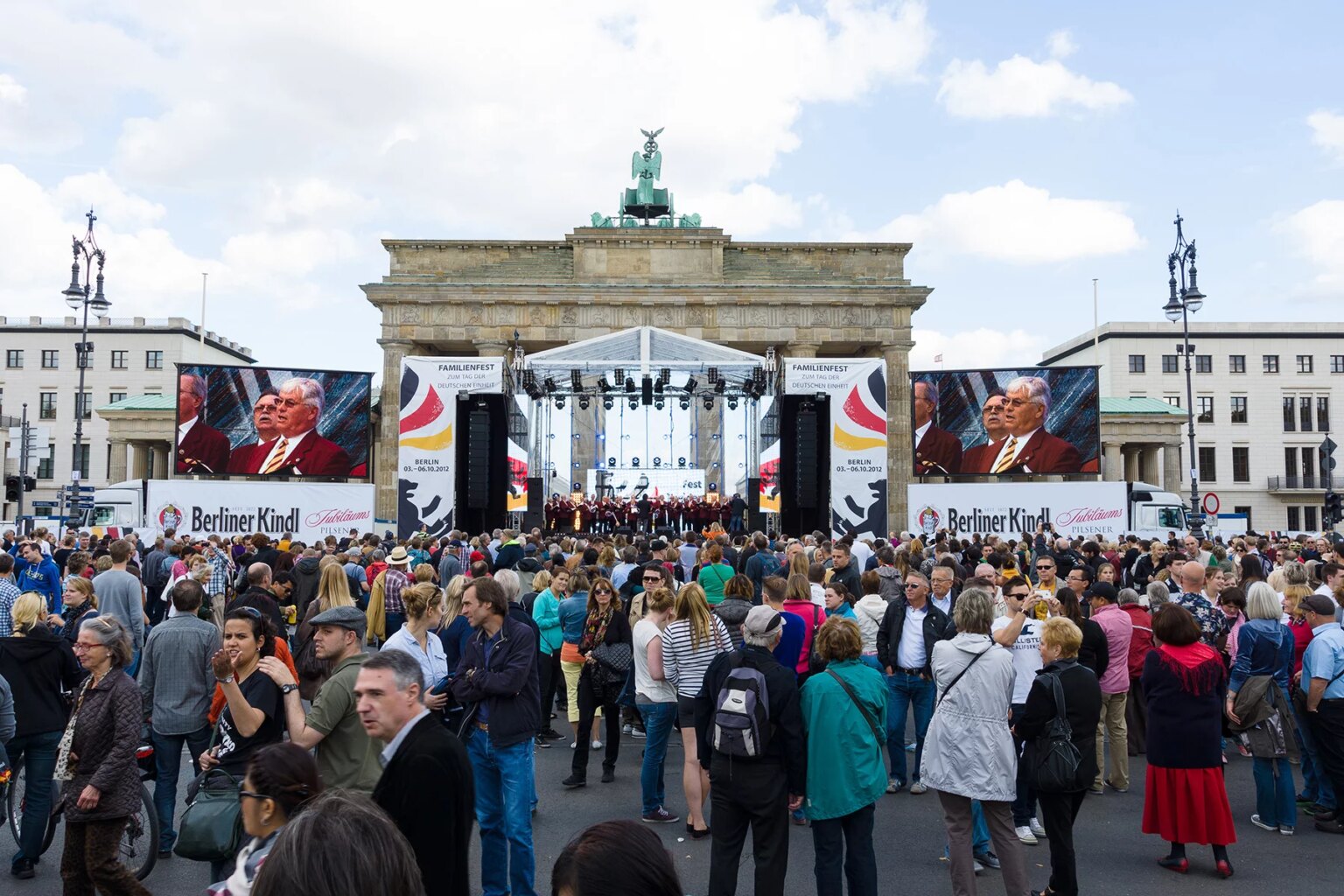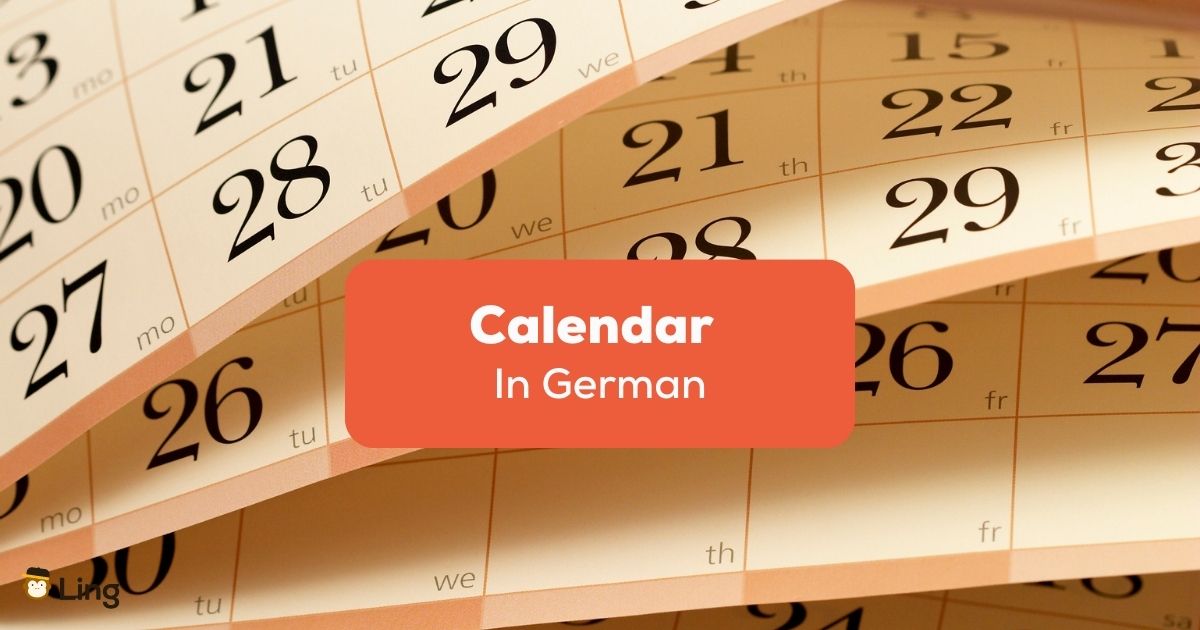Navigating German Holidays in 2025: A Comprehensive Guide
Related Articles: Navigating German Holidays in 2025: A Comprehensive Guide
Introduction
In this auspicious occasion, we are delighted to delve into the intriguing topic related to Navigating German Holidays in 2025: A Comprehensive Guide. Let’s weave interesting information and offer fresh perspectives to the readers.
Table of Content
- 1 Related Articles: Navigating German Holidays in 2025: A Comprehensive Guide
- 2 Introduction
- 3 Navigating German Holidays in 2025: A Comprehensive Guide
- 3.1 Navigating the 2025 German Holiday Calendar
- 3.2 Understanding the Impact of German Holidays
- 3.3 Frequently Asked Questions (FAQs) about German Holidays in 2025
- 3.4 Tips for Navigating German Holidays in 2025
- 3.5 Conclusion
- 4 Closure
Navigating German Holidays in 2025: A Comprehensive Guide
Germany, a nation steeped in history and tradition, observes a diverse calendar of holidays throughout the year. These holidays, ranging from religious observances to secular celebrations, offer a unique glimpse into German culture and provide opportunities for reflection, relaxation, and community bonding. Understanding the nuances of these holidays is crucial for anyone planning a visit or interacting with German colleagues, friends, or family.
Navigating the 2025 German Holiday Calendar
The year 2025 presents a unique blend of traditional and contemporary observances, influencing work schedules, travel plans, and social interactions. Below is a detailed breakdown of key German holidays in 2025:
January:
- New Year’s Day (Neujahr): This national holiday, celebrated on January 1st, marks the beginning of a new year. It is traditionally a time for family gatherings, fireworks displays, and reflecting on the year past.
February:
- Carnival (Fastnacht, Fasching, Karneval): This festive period, typically celebrated in the weeks leading up to Ash Wednesday, varies in date each year. It is characterized by colorful parades, elaborate costumes, and boisterous celebrations, particularly in Rhineland and Southwest Germany.
March:
-
Good Friday (Karfreitag): This Christian holiday, observed on a Friday, commemorates the crucifixion of Jesus Christ. It is a solemn day of reflection and religious services.
-
Easter Monday (Ostermontag): This holiday, observed on a Monday, follows Easter Sunday and celebrates the resurrection of Jesus Christ. It is often a time for family gatherings and Easter egg hunts.
May:
- May Day (Tag der Arbeit): This international holiday, celebrated on May 1st, commemorates the labor movement and workers’ rights. It is a public holiday in Germany, marked by parades and demonstrations.
June:
-
Pentecost (Pfingsten): This Christian holiday, celebrated on a Sunday, marks the descent of the Holy Spirit upon the Apostles. It is a significant religious observance.
-
Corpus Christi (Fronleichnam): This Catholic holiday, celebrated on a Thursday, commemorates the institution of the Eucharist. It is marked by processions and religious services.
August:
- Assumption Day (Mariä Himmelfahrt): This Catholic holiday, celebrated on August 15th, commemorates the Assumption of the Virgin Mary into Heaven. It is a public holiday in many German states.
October:
- German Unity Day (Tag der Deutschen Einheit): This national holiday, celebrated on October 3rd, commemorates the reunification of East and West Germany in 1990. It is a day of celebration and reflection on German history.
November:
-
All Saints’ Day (Allerheiligen): This Christian holiday, celebrated on November 1st, commemorates all saints. It is a time for visiting cemeteries and remembering deceased loved ones.
-
Reformation Day (Reformationstag): This holiday, celebrated on October 31st, commemorates the start of the Protestant Reformation in 1517. It is a public holiday in several German states.
December:
-
First Advent Sunday: The first Sunday of Advent marks the beginning of the Advent season, a time of preparation for Christmas.
-
Christmas Eve (Heiligabend): This holiday, celebrated on December 24th, is a time for family gatherings, traditional meals, and exchanging gifts.
-
Christmas Day (Weihnachten): This Christian holiday, celebrated on December 25th, commemorates the birth of Jesus Christ. It is a time for church services, family gatherings, and festive meals.
-
Second Christmas Day (2. Weihnachtsfeiertag): This holiday, celebrated on December 26th, is a continuation of the Christmas celebration and provides an opportunity for further family gatherings and relaxation.
-
New Year’s Eve (Silvester): This holiday, celebrated on December 31st, is a time for parties, fireworks, and reflecting on the year past.
Understanding the Impact of German Holidays
German holidays significantly impact various aspects of life, including:
-
Work schedules: Many businesses and government offices close for public holidays, leading to adjusted work hours and potential disruptions to daily routines.
-
Travel: Popular travel destinations experience increased traffic and higher prices during holiday periods. Advance planning is essential for securing accommodations and transportation.
-
Social interactions: Holidays often involve family gatherings, festive celebrations, and community events, providing opportunities for social interaction and strengthening bonds.
-
Shopping: Many stores and businesses offer special promotions and sales during holiday periods, attracting shoppers seeking unique gifts or discounted products.
-
Cultural understanding: Observing German holidays offers a unique perspective on German traditions, values, and cultural identity.
Frequently Asked Questions (FAQs) about German Holidays in 2025
1. Are all German holidays public holidays?
Not all German holidays are public holidays. Public holidays are legally recognized days off work, while other holidays may be observed but not officially mandated.
2. What are the most important holidays in Germany?
The most important holidays in Germany include Christmas, Easter, New Year’s Day, and German Unity Day. These holidays are widely celebrated and have a significant impact on daily life.
3. How do German holidays affect travel plans?
German holidays can significantly affect travel plans, leading to increased crowds, higher prices, and limited availability for accommodations and transportation. Advance booking is crucial, especially during peak holiday periods.
4. Are there any regional variations in holiday celebrations?
Yes, there are regional variations in holiday celebrations. For example, Carnival celebrations are particularly vibrant in Rhineland and Southwest Germany, while Reformation Day is mainly observed in Protestant regions.
5. What are some traditional German customs associated with holidays?
Traditional German customs associated with holidays include decorating Christmas trees, exchanging gifts, attending church services, enjoying festive meals, and participating in parades and celebrations.
Tips for Navigating German Holidays in 2025
-
Research local customs: Familiarize yourself with the specific customs and traditions associated with each holiday you plan to experience.
-
Plan ahead: Book accommodations and transportation in advance, especially during peak holiday periods.
-
Respect local traditions: Be mindful of local customs and traditions, especially during religious holidays.
-
Engage with locals: Take the opportunity to interact with locals and learn about their experiences with holidays.
-
Enjoy the festivities: Embrace the festive atmosphere and enjoy the unique experiences offered by German holidays.
Conclusion
The German holiday calendar in 2025 offers a diverse tapestry of celebrations, ranging from religious observances to secular festivities. Understanding the nuances of these holidays provides a deeper appreciation for German culture and traditions. By embracing the festive atmosphere, respecting local customs, and engaging with the community, visitors and residents alike can enjoy the unique experiences offered by these special days.








Closure
Thus, we hope this article has provided valuable insights into Navigating German Holidays in 2025: A Comprehensive Guide. We appreciate your attention to our article. See you in our next article!
